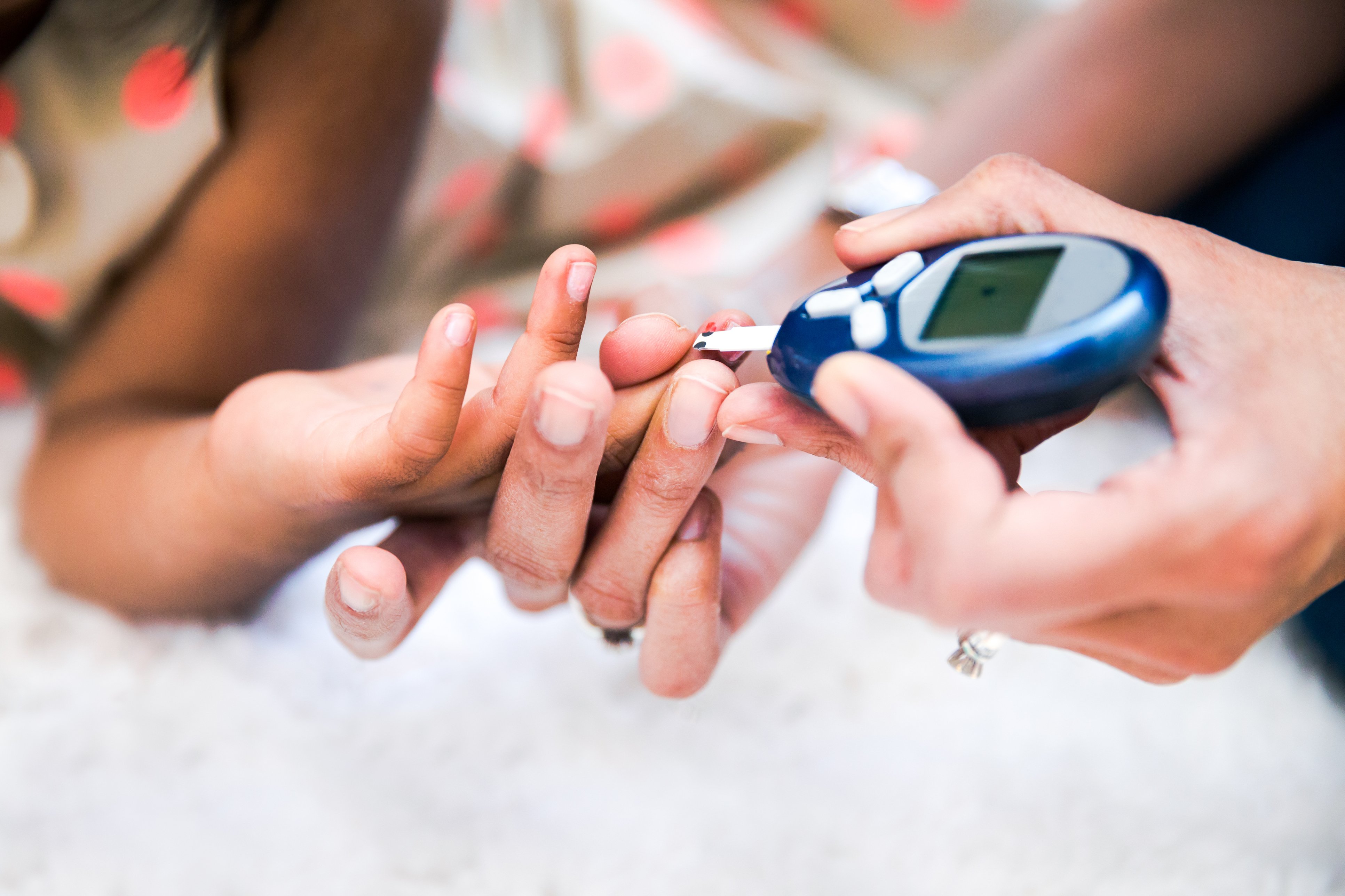Your child may be diagnosed with diabetes in various settings, such as the family doctor’s office, a hospital ward, or through the emergency unit. First, you and your health-care team will focus on making your child feel better.
In hospital
In the first few days, most children who are newly diagnosed are cared for in the diabetes care unit of their hospital. This is when families learn about the essential skills for diabetes management to safely care for their child at home. Diabetes education usually takes about two days. This education may take place while your child is admitted to hospital or in a day hospital (diabetes daycare).
During the day, children in diabetes daycare receive their meals (breakfast, lunch, dinner and snacks) and insulin if necessary, and they go home for bedtime snack and to sleep overnight.
Diabetes education
You will be taught how to do the tasks that make up the foundation of good diabetes care. These include:
- learning about why the symptoms of diabetes occur
- becoming confident in preparing and injecting insulin
- checking blood glucose (sugar) levels using a blood sugar meter
- checking urine (pee) or blood for ketones
- understanding the initial guidelines for planning meals and snacks
- recognizing the signs of low blood sugar levels (hypoglycemia)and high blood sugars (hyperglycemia)
- knowing what to do if blood sugar levels are very high or very low
- getting to know the diabetes team, and who and when to call for advice.
This may seem like a lot of information, but once you have completed these two days, you will have ongoing support from your diabetes team. In addition, your diabetes nurse and dietitian will likely organize a series of weekly sessions for your entire family with more details on how to manage diabetes at home. These education sessions will cover additional topics, such as:
- meal planning
- illness management
- low blood sugar management
- insulin dose adjusting.
Once you have learned these skills, you will begin your new lifestyle at home. When your child is well, the process of transitioning your child home will begin.
At home
Living with a child with diabetes does take work as everyone gets used to the "new normal." Diabetes staff are always available to answer questions and provide support.
Adjusting to a diagnosis of diabetes takes time and patience for all family members. You will need to manage situations differently in many ways. For example, you will need to plan meals in advance instead of acting spontaneously. You will have to remember to pack extra food for your child when they leave the house. You will also need to pack your child’s diabetes supplies (glucose meter, insulin etc.) in addition to juice or snacks to treat low blood sugar events.
In the long run, all of these adjustments will become second nature.
